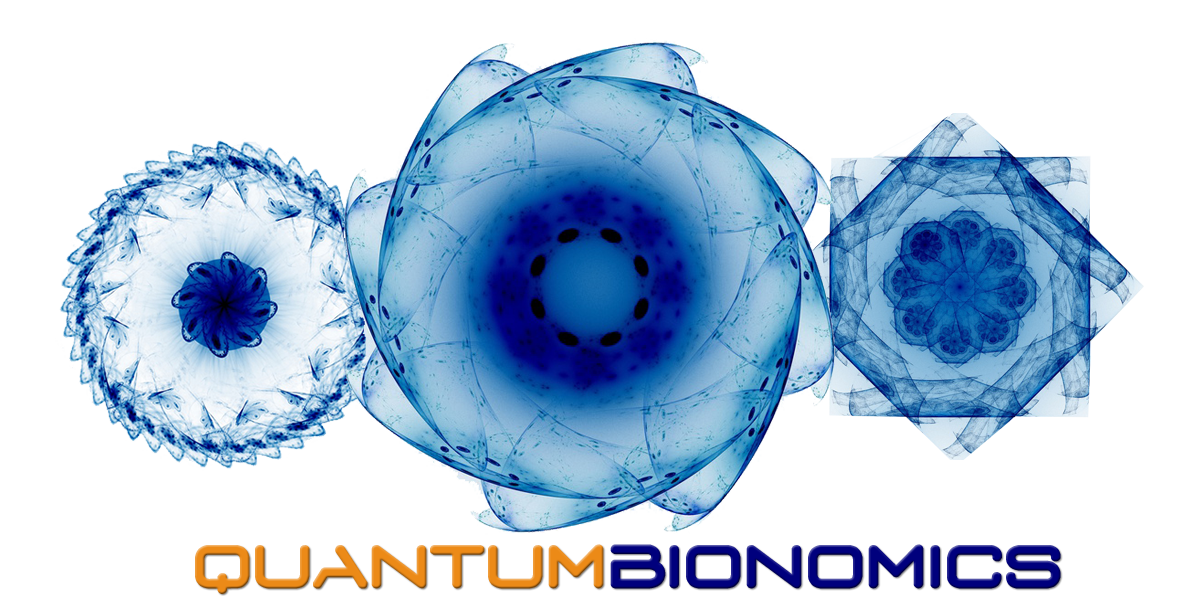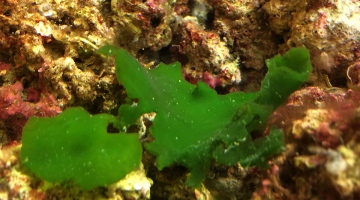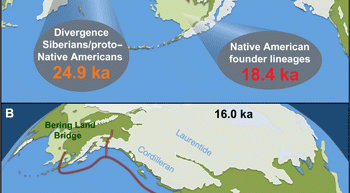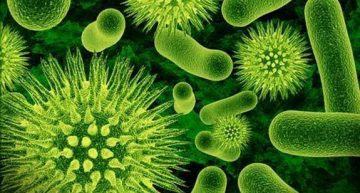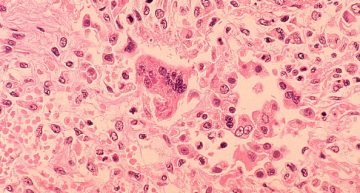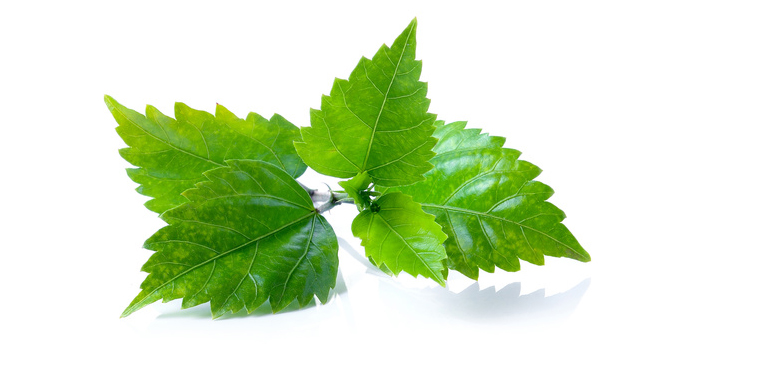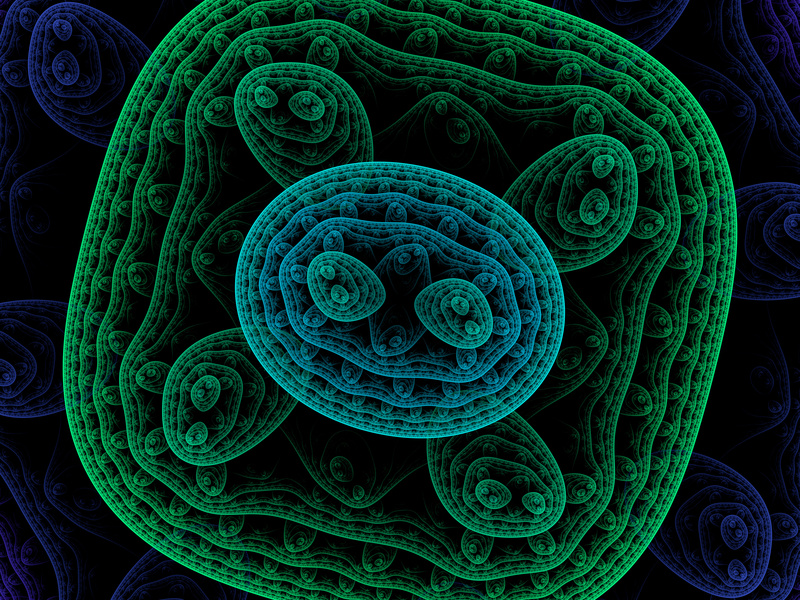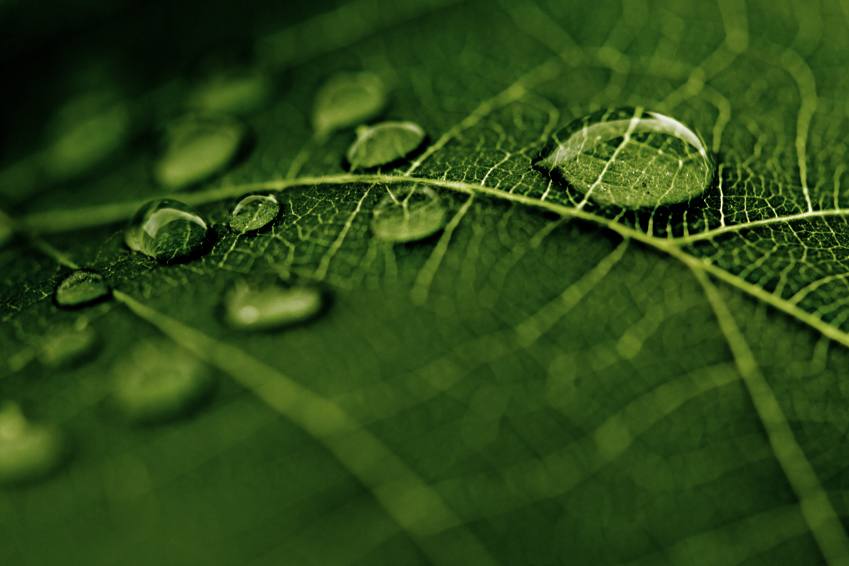How Scientists Are Hacking Biology to Build at the Molecular Scale
The long vision of nanotechnology suggests tiny robot “assemblers” will swarm unseen in the air, water, and even our bodies, building anything from the atoms up. It’s …
First eukaryotes found without a normal cellular power supply
Microbe living in chinchilla guts jettisoned its mitochondria You can’t survive without mitochondria, the organelles that power most human cells. Nor, researchers thought, can …
In Scientific First, Researchers Visualize Proteins Being Born
May 5, 2016—(BRONX, NY)—For the first time, scientists at Albert Einstein College of Medicine have developed a technology allowing them to “see” single molecules …
The Evolutionary Argument Against Reality
The cognitive scientist Donald Hoffman believes that evolution and quantum mechanics conspire to make objective reality an illusion. As we go about our daily …
Can artificial intelligence create the next wonder material?
Some researchers believe that machine-learning techniques can revolutionize how materials science is done. It’s a strong contender for the geekiest …
Strange seaweed rewrites history of green plants
Ancient alga developed large size and complex structure independently of other plants. A mysterious deep-ocean seaweed diverged from the rest of the green-plant family …
JCVI-syn3.0 — Minimal Cell –
These are time lapse videos of the minimal cell (JCVI-syn3.0) and the wild type organism from which it was designed (JCVI-syn1.0). Magnified 1500X, this …
Ancient mitochondrial DNA provides high-resolution time scale of the peopling of the Americas
The exact timing, route, and process of the initial peopling of the Americas remains uncertain despite much research. …
Ancient mitochondrial DNA provides high-resolution time scale of the peopling of the Americas | Science Advances
Source: Ancient mitochondrial DNA provides high-resolution time scale of the peopling of the Americas | Science Advances
Underground fungi detected from space -SMITHSONIAN TROPICAL RESEARCH INSTITUTE
A new way to study large-scale forest response to climate change Discovering that the association between trees and two classes of underground mycorhizzal fungi …
The Irony of Viruses
They rewire the immune system, so that what used to make us sick now keeps us healthy. About 8 percent of our DNA is …
Bacteria use traffic-cop-like mechanism to infect
A study has found that a cellular syringe-like device used to invade intestinal …
Indiana University researchers find Earth may be home to 1 trillion species | EurekAlert! Science News
Largest-ever analysis of microbial data reveals an ecological law concluding 99.999 percent of species remain undiscovered Earth could contain nearly 1 trillion species, with …
Earth Houses 1 Trillion Species of Microbe, Only 0.001 Percent are Known to Science : News : Nature World News
With the addition of single-celled organisms, microscopic bacteria, and archaea, new estimates place the number of living species well over the 5.6 million identified …
